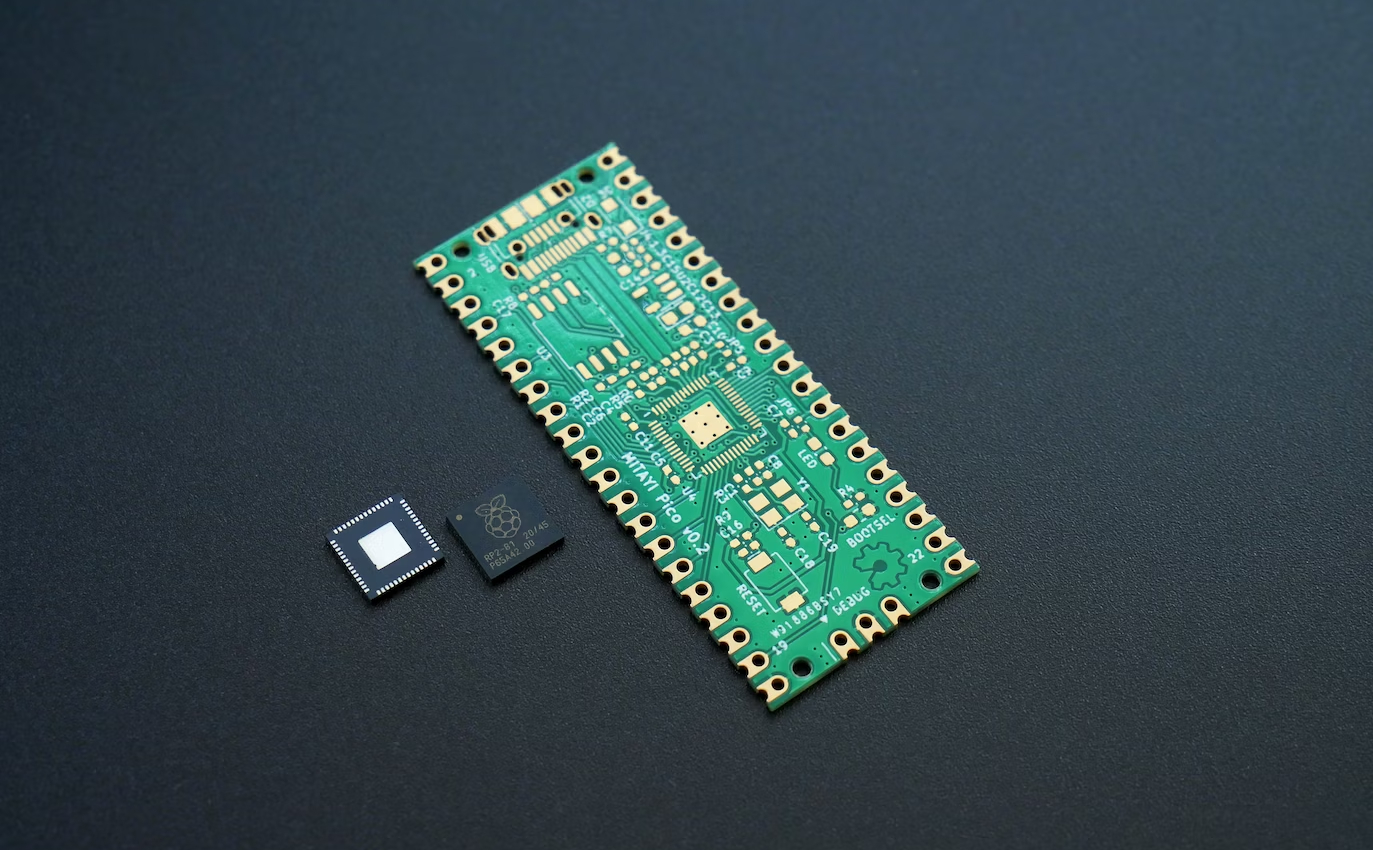 INFRA
INFRA
 INFRA
INFRA
 INFRA
INFRA
The Linux Foundation has launched a new industry group, the UXL Foundation, to ease the task of writing applications that can run well on multiple types of accelerator chips.
The initiative was announced on Tuesday at an industry event in Spain. The UXL Foundation is launching with backing from several of the biggest players in the semiconductor market. The group’s members include Intel Corp., Arm Holdings plc, Qualcomm Inc., Samsung Electronics Co. Ltd. and U.K.-based chip company Imagination Technologies Ltd.
The initiative is widely seen as a foil to Nvidia Corp.’s growing dominance in accelerated computing, which has exploded thank to the rapid rise of generative artificial intelligence applications such as OpenAI LP’s ChatGPT. “We have an open source competitor to Nvidia’s CUDA platform for leveraging accelerators such as GPUs,” former Google LLC engineer Kelsey Hightower posted Tuesday on X, formerly Twitter.
Google’s cloud business and Fujitsu Ltd. are also backing the UXL Foundation. Google designs custom accelerator chips for its cloud platform. Fujitsu, in turn, has a business unit that makes specialized semiconductor products such as FeRAM, a type of high-speed memory similar to DRAM.
The goal of the UXL Foundation is to make it easier for developers to write software that can run on accelerator chips. Those are processors that are optimized to perform one set of computing tasks with a high degree of efficiency. Because of their specialized design, accelerators can usually run the workloads for which they’re optimized faster than a central processing unit.
Many of the accelerators on the market today are designed to speed up artificial intelligence workloads. There are also products that focus on other tasks. Intel Corp.’s IPU chips, for example, are built to speed up the computations involved in managing a data center’s storage and network equipment.
An application built for one accelerator chip can’t necessarily run well on others. That’s true even if those other chips are optimized for the same type of workloads. To port their software from one accelerator to another, developers often have to make extensive code changes, which requires a significant amount of time and effort.
The newly launched UXL Foundation will work to simplify the creation of applications that can run well on multiple accelerator chips. According to the group, it plans to achieve that objective by creating an “open standard accelerator programming model.”
At the heart of the effort is an existing technology called oneAPI that was originally developed by Intel. The chipmaker has contributed the technology to the UXL Foundation. Using oneAPI, developers can port software from one accelerator chip to another with a fraction of the work historically required for the task.
Intel based oneAPI on an earlier technology called SYCL. The latter software allows developers to use C++, a popular programming language, to write applications that can run on multiple types of chips. SYCL-powered software can run not only accelerators such as AI-optimized processors but also CPUs and FPGAs, which are reconfigurable chips that lend themselves to a variety of use cases.
The openAPI technology that Intel has contributed to the UXL Foundation expands upon SYCL’s feature set. It adds performance optimizations and capabilities that ease software debugging tasks. Additionally, Intel has included fsoftwa tool that can automatically adapt AI software written for Nvidia Corp. graphics cards to run on openAPI-compatible chips.
The UXL Foundation will focus on “driving innovation and implementing the oneAPI specification across the industry,” the group stated. To that end, it plans to collaborate with both chipmakers and software developers. The UXL Foundation also intends to team up with industry organizations such as Khronos Group Inc., the nonprofit behind the SYCL technology that underpins openAPI.
“The foundation members aspire to build the largest open ecosystem for accelerated computing,” said Rod Burns, chair of the UXL Foundation’s steering committee. “Our ultimate aim is to foster a multi-architecture and multi-vendor programming platform for all accelerators.”
The UXL Foundation plans to share more information about its goals and development roadmap later this year.
Support our mission to keep content open and free by engaging with theCUBE community. Join theCUBE’s Alumni Trust Network, where technology leaders connect, share intelligence and create opportunities.
Founded by tech visionaries John Furrier and Dave Vellante, SiliconANGLE Media has built a dynamic ecosystem of industry-leading digital media brands that reach 15+ million elite tech professionals. Our new proprietary theCUBE AI Video Cloud is breaking ground in audience interaction, leveraging theCUBEai.com neural network to help technology companies make data-driven decisions and stay at the forefront of industry conversations.